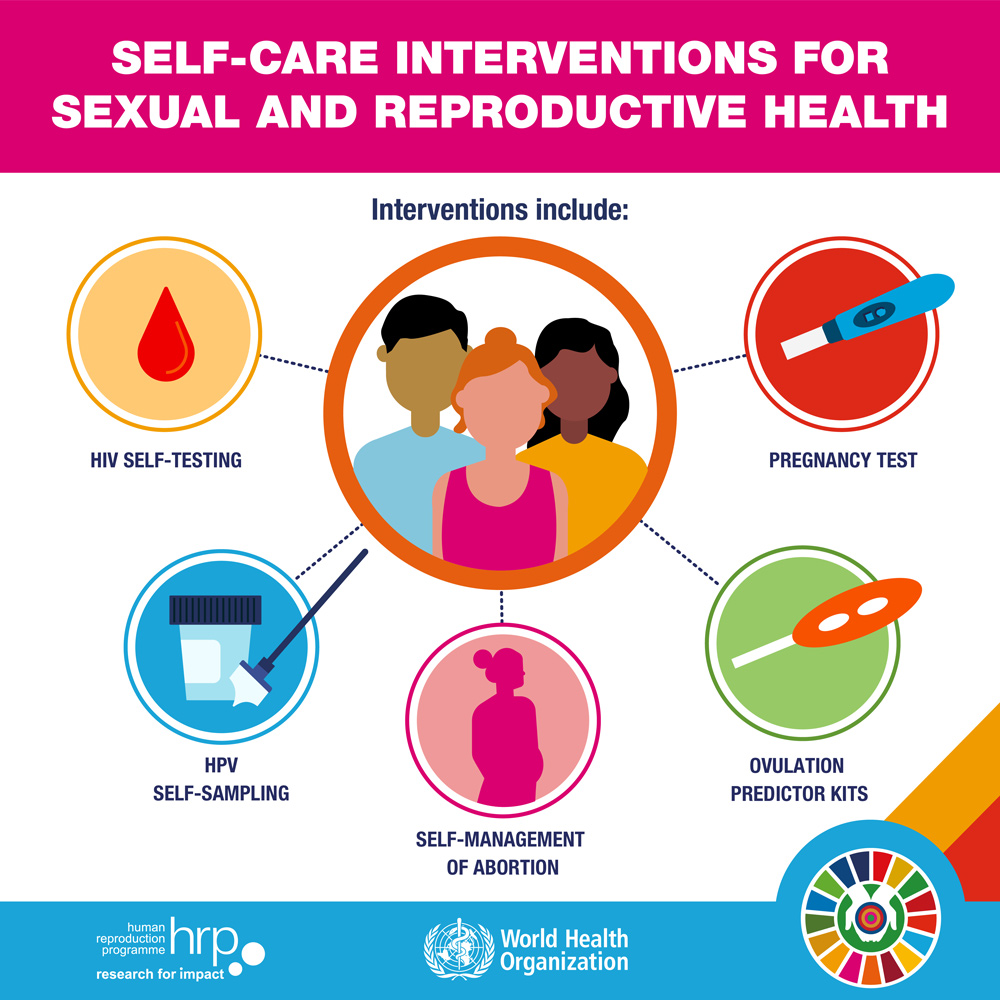
Understanding STIs
Treating sexually transmitted infections (STIs) promptly is crucial for preventing complications and reducing the spread to others. Different STIs require different treatments, which can include antibiotics, antiviral medications, and supportive care.
STI Statistics
Global Impact
- Over 1 million STIs are acquired daily worldwide.
- More than 376 million new cases of four curable STIs (chlamydia, gonorrhea, syphilis, and trichomoniasis) occur annually.
Specific STIs
- Chlamydia: The most frequently reported bacterial STI in the United States, with 1.7 million cases annually.
- Gonorrhea: About 87 million new infections globally each year.
- Syphilis: 6 million new cases worldwide each year.
- Herpes: Approximately 500 million people are living with genital herpes globally.
- HPV: Nearly all sexually active individuals will get HPV at some point in their lives if not vaccinated.
HIV
- 38 million people globally are living with HIV.
- 1.7 million new infections occurred in 2019 alone.
Youth Impact
- People aged 15-24 account for 50% of all new STIs each year.

Preventive Measures
- Use condoms during sexual activity.
- Regular STI screening and testing.
- Open communication with sexual partners about STI status.
- HPV vaccination.
Partner Notification
Informing sexual partners is crucial to prevent the spread of STIs and ensure they receive appropriate testing and treatment.
Resources and Support
- Healthcare Providers: Consult for personalized treatment plans.
- Support Groups: Emotional and social support for those undergoing treatment.
- Educational Materials: Reliable information to understand and manage STIs effectively.
General FAQ
An STI (Sexually Transmitted Infection) is an infection transmitted through sexual contact, caused by bacteria, viruses, or parasites.
Treatment depends on the type of STI. Bacterial STIs like chlamydia and gonorrhea are treated with antibiotics. Viral STIs like herpes and HIV are managed with antiviral medications.
Bacterial STIs can often be cured with antibiotics. Viral STIs cannot be cured but can be managed with medication.
Seek medical advice as soon as possible after potential exposure to an STI to prevent complications and reduce the risk of transmission.
Yes, many STIs can be asymptomatic. It is important to get tested and treated even if you don’t have symptoms.
